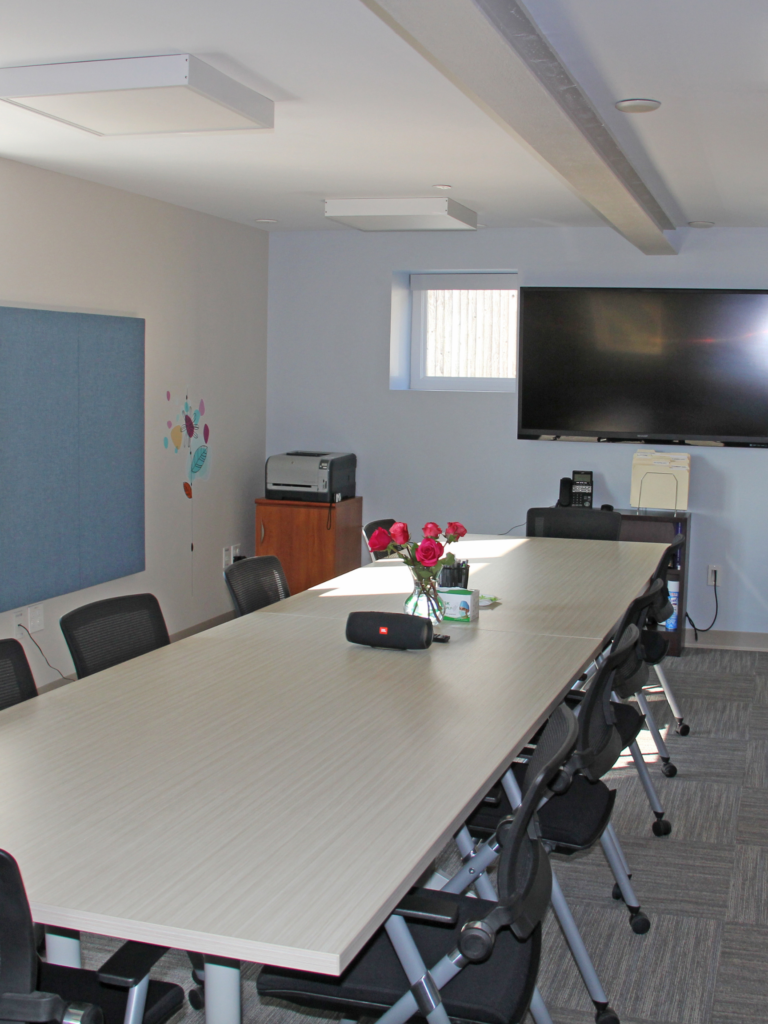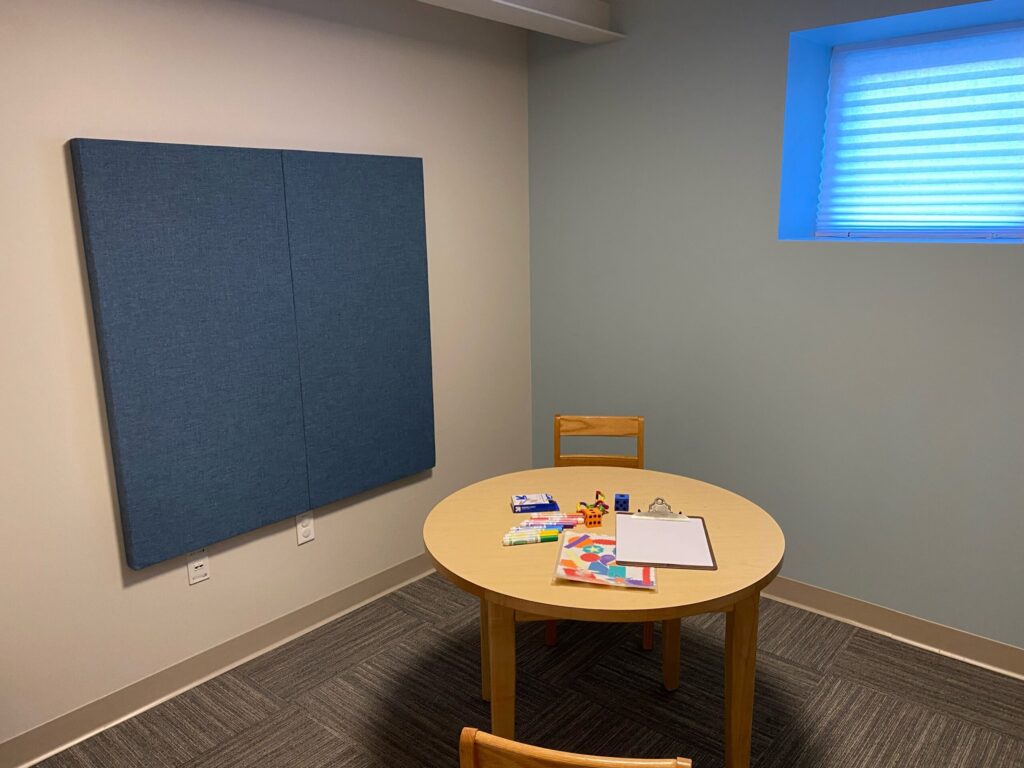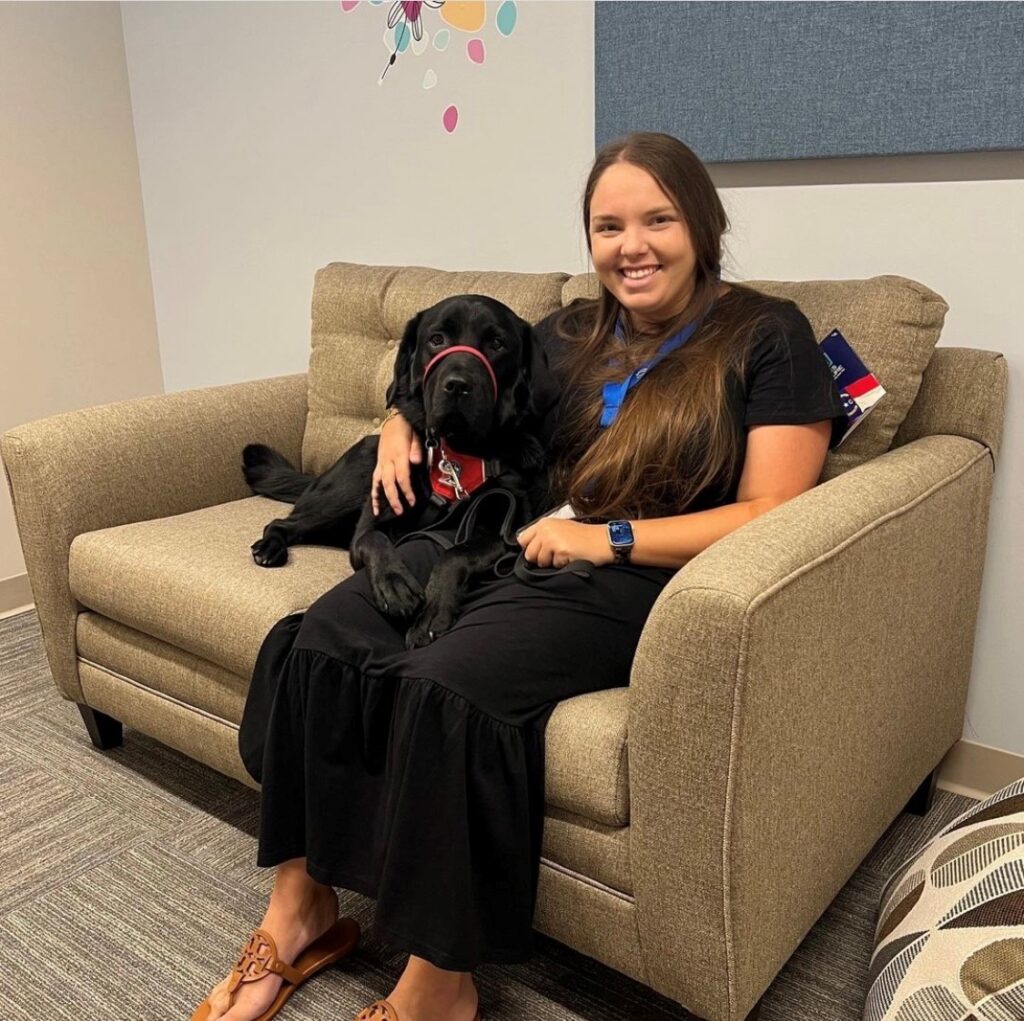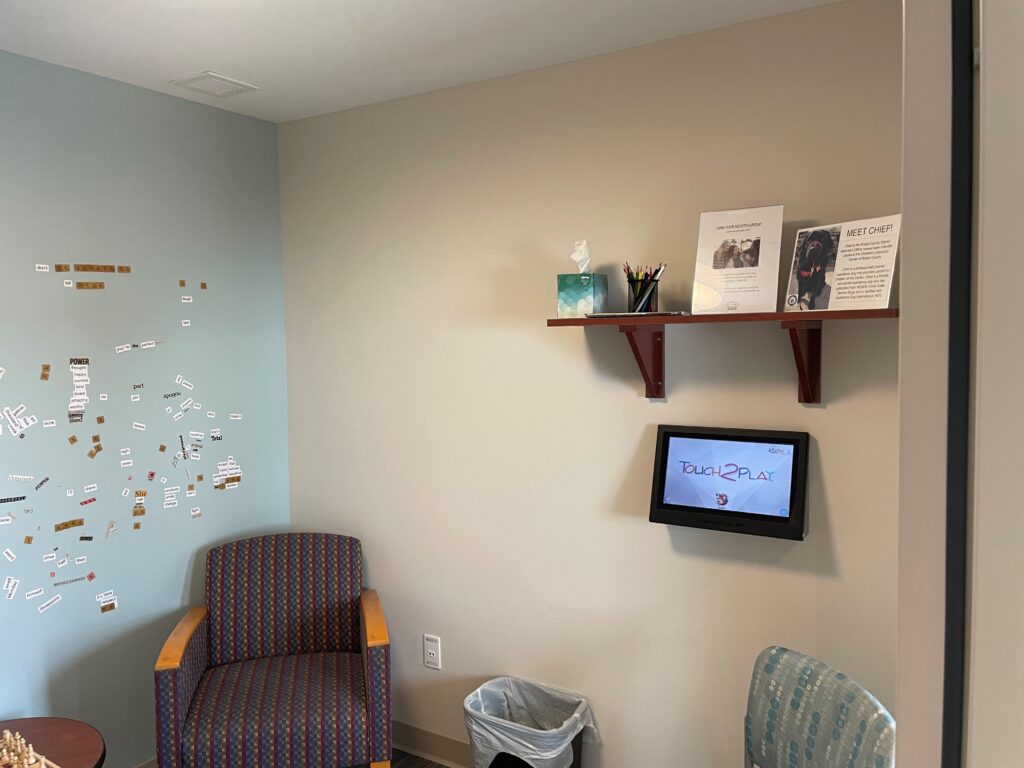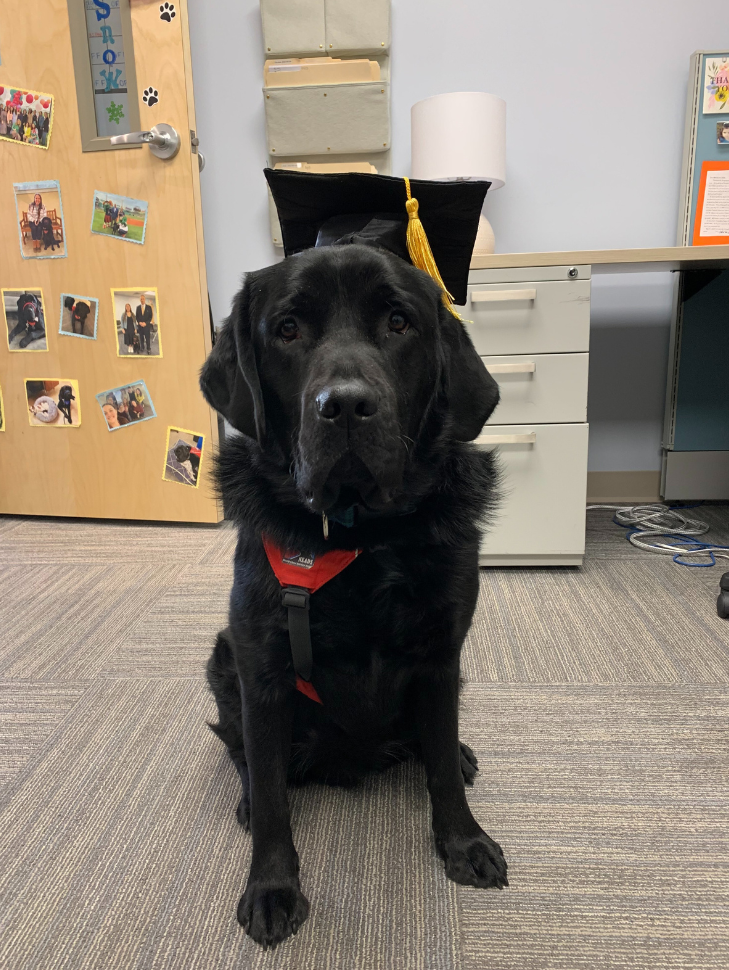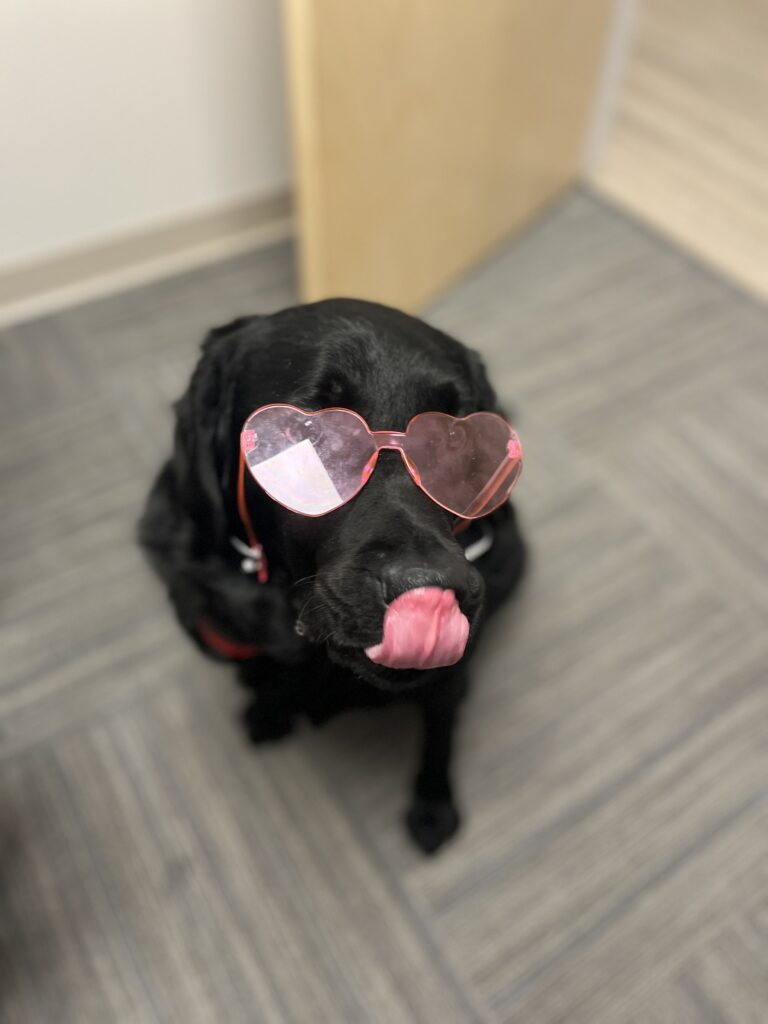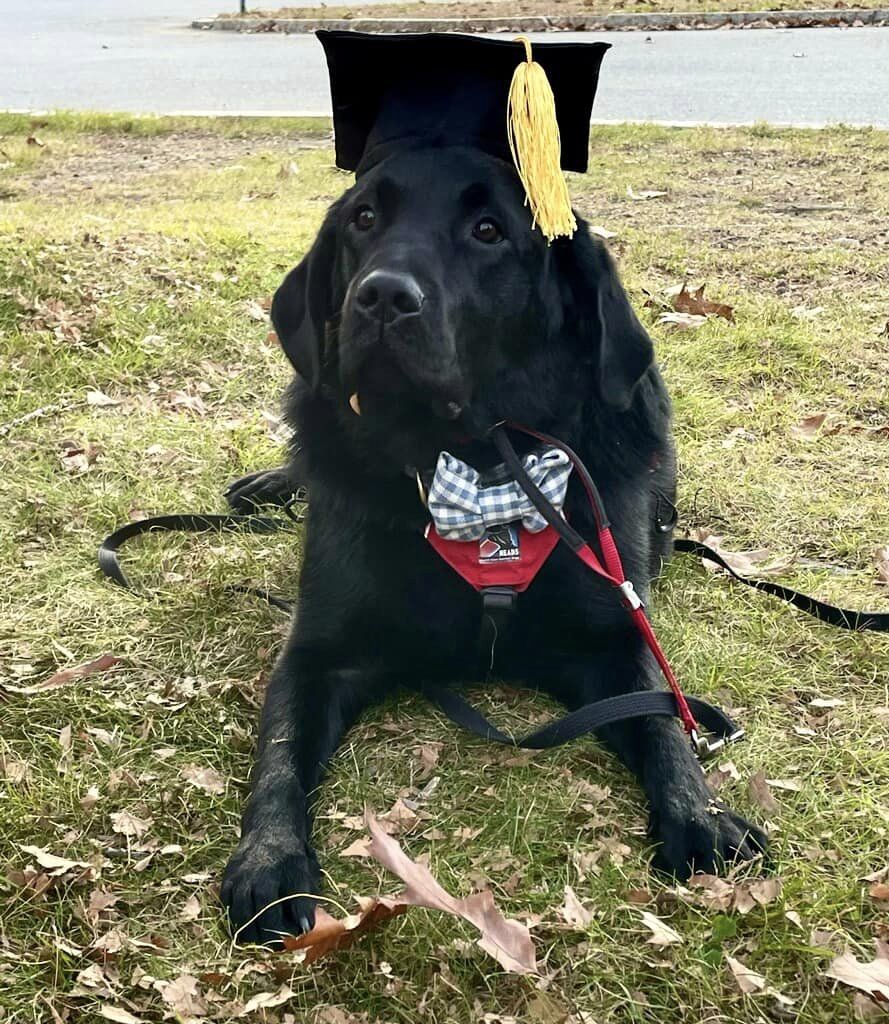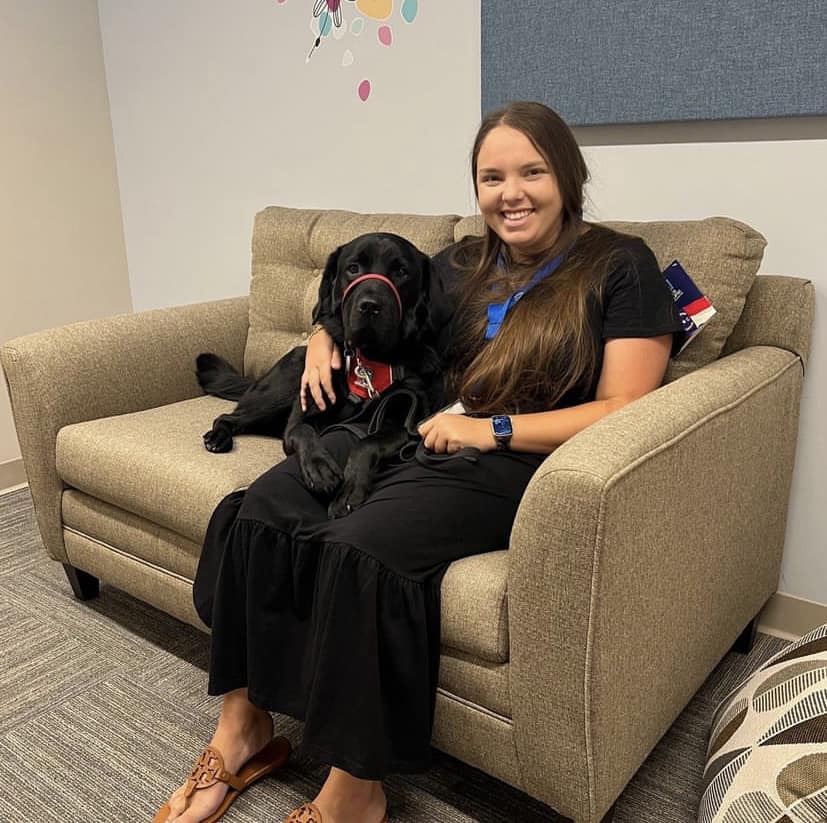Forensic Interviewing
- At the Children’s Advocacy Center of Bristol County, a specially trained forensic interviewer speaks to the child about difficult subjects in an effort to reduce the associated trauma of being subjected to multiple interviews.
- Forensic Interviews provide individuals a safe place to tell their story to specially trained professionals who use non leading techniques, and at a pace that is comfortable. Forensic Interviews are legally sound because the interviewer remains neutral. .
- The interview typically involves a individual speaking with a Forensic Interviewer while multi-disciplinary team members observe the interview in a conference room.
Multi-Disciplinary Team
- The MDT includes representatives from law enforcement, the Department of Children & Families, the District Attorney’s office, the Pedi SANE program, and CAC staff.
- The MDT includes all the agencies that have the responsibility to investigate the report of abuse. This team provides a collective expertise for both investigation and intervention.
- Because individuals can become confused or traumatized when interviewed by several people regarding an allegation or disclosure of abuse, the MDT observes the interview from a separate room using closed-circuit technology. Team members then come together to ensure the appropriate next steps are taken.
FAQ about Forensic Interviews
What is a Forensic Interview?
A forensic interview is neutral fact-finding conversation taking into consideration a child’s developmental stage. The interview is designed to elicit the victim’s details of the alleged crime through a coordinated and efficient investigation and prosecution process. Individuals are offered other services and a mental health connection to assure the best possible road to healing.
A forensic interview is legally sound because it ensures objectivity, employs non-leading techniques, and emphasizes careful documentation of the interview.
What Should I Tell My Child about the Interview?
Most importantly, let your child know that they are NOT in any trouble. Assure your child that the Children’s Advocacy Center is a safe place to talk and that everyone there is here to help. Do not repeatedly question your child about the abuse. If your child brings it up, listen without commenting or questioning and take note of what they say. Do not have your child practice what to say.
Who Conducts the Forensic Interview?
A forensic interviewer is conducted by a specially trained individual who is educated and skilled in speaking with children about traumatic experiences.
What is the MDT Role in the Interview?
Interviews are observed live via closed-circuit technology in a separate room by representatives of the MDT comprised of law enforcement, Department of Children & Families, Bristol County District Attorney’s office and other partner agencies. The MDT response is based upon the best practice model of providing a coordinated team response to child victims of abuse and their families.
Can Chief be in any Forensic Interview?
Unfortunately no, a child has to be 8 or older for Chief to be in the room.
Is there an age range for Forensic Interviews?
Yes, a child can be interviewed from age 3 to a child’s 18th birthday. We also interview adults with developmental delays as we can assist and support the Disabled Persons Protection Commission by facilitating forensic interviews for disabled persons who report abuse by their caregivers and/or previous childhood abuse. To learn more, visit www.mass.gov/orgs/disabled-persons-protection-commission
Benefits of Forensic Interview
- Limits the number of times a child is questioned about their trauma
- Minimizes the risk that the details of the abuse will change, which could compromise the investigative process.
- Is conducted in the individual’s primary language, whenever possible
- Assists providers in finding resources for child and caregiver/families
- Allows the caregiver/families to meet all of the providers involved with the case and provides a safe space to ask questions
Meet Chief
- In March of 2022, the CAC of Bristol County welcomed Chief, a nationally accredited service dog to our team.
- Chief comforts individuals who have gone through a traumatic experience, like physical or sexual abuse. He can support children to recall details during an interview that can be extremely difficult. Chief is specifically trained to provide support during forensic interviews, to individuals 8 years and older, at the Children’s Advocacy Center of Bristol County. An individual may request to have Chief be present at the time of their interview if they meet this qualification.
Preparing for Your Visit
- Children may bring a comfort item such as stuffed animal or fidget toy, if desired. It is important that whatever item chosen will not be distracting or noisy.
- Please bring your health insurance card if you are able.
- If your interview is around meal times, please make sure your child has something to eat.
- Don’t be afraid to tell your child about the appointment. You can say that they are going to be asked questions about what happened, that it is a safe place for them to talk about it, and that they won’t be in any trouble. The only important thing is that they talk about the truth.
- Your Family Advocate can help you strategize what to say to your child.
- Your assigned Family Advocate will call you prior to the interview to remind you of the appointment and answer any questions you have.
After Your Visit
- We understand that your visit can be overwhelming, so we have collected some helpful information for you to access anytime.
- Your entire multi-disciplinary team (listed on My Team card) is here to support you, and your CAC Family Advocate will always be a central point of contact to ensure that your family’s needs are met.
- Though the CAC is independent of the police, DCF, or the DA’s Office, there is no question that you cannot ask your Family Advocate; if we don’t have the answer, we are happy to help you find it!

